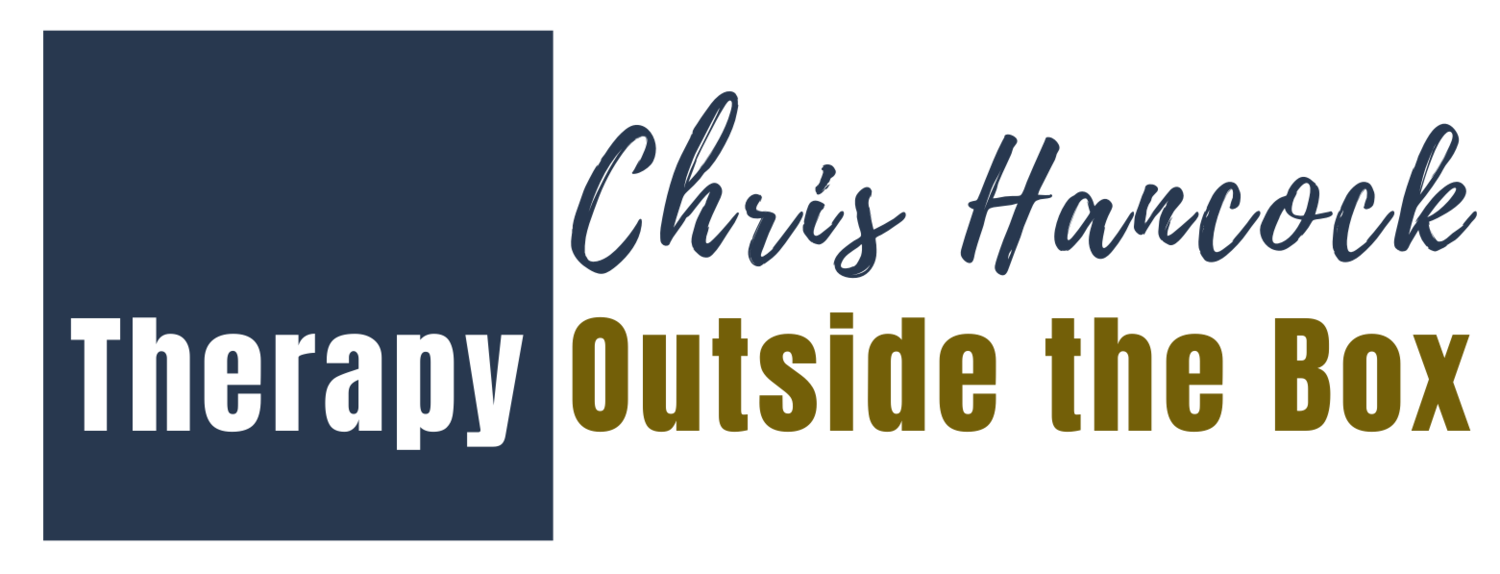It’s been said that the information age helped create, or ushered us into the age of narcissism.
With the advent of social media in particular, for all its virtues, we’ve certainly seen an exceptionally self(ie)-focused collective personality emerge from the shadow of the collective, haven’t we?
Has it made narcissists of us all? I wouldn’t say that.
Yet, clearly it doesn’t always bring forward our best.
And aren’t we seeing this echoed on the world stage? As a culture, I feel we’ve passively encouraged increasingly outrageous, dehumanizing, and dangerous online behavior, such that consistent legal challenges have emerged with respect to what constitutes hate speech, bullying, and the like.
Wasn’t Former Presidential advisor Steve Bannon just banned for life from Twitter for inciting beheadings?
And lest we forget 45 essentially lit the match of his political popularity by trolling 44, igniting a firestorm of shadow-dwelling white nationalism and other warped, anti-social, hate-based ideologies in the process.
But I digress. Sort of.
If it’s true that the information age begot the age of narcissism, we do now, thankfully, seem to be on the cusp of a shift. I’m wanting to believe that.
45’s out. That appears true at the time of this writing. Though no one half-awake expects him to bow out gracefully, and I doubt he’s gong anywhere. And neither is the bigger problem, 45-ism, in my opinion. But that’s another post.
Here’s the thing.
It was always easy to paint 45 as a narcissist. Ridiculously easy. Very few (convincingly) denied that he appeared to meet most if not all the professional criteria by simple observation of his own remarkably consistent, remarkably horrible words and actions.
Now, I’m biased, I admit. Growing up on Long island, 45 minutes from Manhattan, the never-ending stories of his scamming, threatening, evading, bullying, defrauding, lecherousness, and generally anti-social behavior (not to mention his vicious, flamingly racist and baseless indictment of the Central Park Five) had me intuitively conclude long ago that narcissism was surely present, yes, but only the surface of a deep disturbance that’s since been conjectured about extensively since.
As for him personally, he is who he is. And he is worthy of empathy no less or more than anyone else.
I repeat, he is worthy and deserving of empathy.
Admittedly, that’s a lot easier for me now that he no longer possesses the power of leadership he neither deserved nor was capable of wielding properly, in my opinion.
But I focus on this here because I view (the rise of) 45 as a symbol and sign of the times—a mirror reflection of the point at which we’ve come as a culture, as a people. And by this I mean a people nearly inspirable from the digital avatars we’ve merged with.
10 seconds into the first recent Presidential debate evidenced this pretty well.
No decorum. No civility. No respect. No substance.
A lot like we see in ourselves online today.
I thought it was a promising sign that most folks on seemingly all sides decried it outright.
So if 45 was the figurehead; the bursting pimple on the collective narcissistic forehead of America, and he’s not to return to the throne, I presume (I pray) there’s only one direction we can head.
The direction of empathy.
Why do I say?
Back to narcissism for a minute. A little primer…
Think of narcissism in the broadest terms by first understanding that there is healthy narcissism. It’s in all of us; from a developmental stage where it’s essentially all about “me!” that we enter once it dawns upon us that we are actually a separate being from Mommy.
“I’m ready for my due, world, here I am”
When successfully navigated by caregivers, by “good enough" parenting (in the words of the famous child psychiatrist Donald Winnicott,) then this stage naturally gives over to the emergence of empathy- of cooperation, give and take, humility, of the beginnings of intimacy (in-to-me-u-see) and other such pro-social traits.
When this stage is not successfully resolved, when there are severe, especially prolonged frustrations, when healthy narcissistic mirroring needs are met with responses like consternation and dismissiveness, unhealthy shame ignites.
That’s where the trouble starts.
Those who appear to develop real problems in their self-concept, unable to successfully resolve the early narcissistic rite of passage, may develop real deficits in pro-social relating whereby its difficult- sometimes perhaps impossible- to see others as separate, sovereign beings existing for reasons other than to provide narcissistic gratification to oneself.
There’s a mere snapshot of how healthy narcissism turns dark, malignant, and functions as a grand (though ever-so-shaky) defense against core-level shame and self hate. By conforming to its opposite: grandiosity, entitlement, omnipotence.
A house of cards personality.
And so if narcissism is in essence a master defense against a most insecure and unstable sense of self, as many others before me have argued, and if our American Humpty Dumpty of a figurehead just fell and can’t be put back together; if The Great Oz has been revealed to be a cavernously empty power hungry man-child emperor without clothes, full of sound and fury, signifying nothing, and if he is essentially mirroring us, then where do we go from here?
Culturally, and collectively, I say we now have a chance to see ourselves for who we really are.
To remember who we really are.
To wake up.
Yes, Narcissus has a chance, yet again, to gaze into the fabled stream and see himself for who he truly is. A perfectly imperfect, fallible yet still infinitely loveable, whole human being. Essentially worthy, loved, loveable, and interconnectedly inseparable from the whole.
As the ancient wisdom and spiritual traditions teach, there is no “I.”
We are each other.
We are fragments, fractals of the whole of creation. Of The Divine.
Perhaps, as Americans, it’s our chance yet again to see our brother as ourselves. To be our brother’s keeper. To treat they neighbor as thyself, and all that good stuff.
And to Rise Strong, as Brene’ Brown would say.
Poetic Justice perhaps that Ole Uncle Joe is taking the helm. Love or hate him, agree or disagree with him, see a Saint or Sinner in him, or care not either way, there’s an interesting near-consensus that he possesses one thing in abundance.
You guessed it: Empathy. Genuine empathy.
And that means, as far as the mirror theory goes, that it’s still there in us. We haven’t completely lost our way in the U.S.A.
As far as Ole Joe, I suspect he probably always had it; that his early developmental stages were more or less successfully navigated. If not, then I guess there’s nothing like multiple tragic losses of loved ones to drive it home that you are not the center of the universe, lest there was any doubt.
For every action there’s an equal and opposite reaction.
Law of Polarity.
Cause and effect.
Law of karma.
The pendulum swing.
However you slice it, makes sense to me that we’ve found ourselves here, America.
Empathy. It’s got my vote.
If you’re interested in learning more about me (“ME!, ME!, ME!”) please visit Therapy Outside the Box for more information on the services I offer, including Energy Healing, Spiritual Healing, and Integrative Counseling.
A FREE 20 Minute Consult by phone is always available. Call 615.430.2778 or email me at chris@therapyoutsidethebox.com or send a message through the website contact form.
Services offered via Telehealth/Video (two of them available worldwide) during this time of COVID-19.
Peace to You and Yours,
Chris Hancock, LCSW, ACMHP

